India is a land of diversity, seen in the varieties of religion, landscapes, cultures, and food. Most expats living in India are happy with their move to this beautiful nation, but navigating the cultural changes can be difficult, especially if you are moving from western countries.
To help make your move to India more accessible, we’ve gathered a list of secrets you should know before making a move.
1. English is widely spoken in the big cities
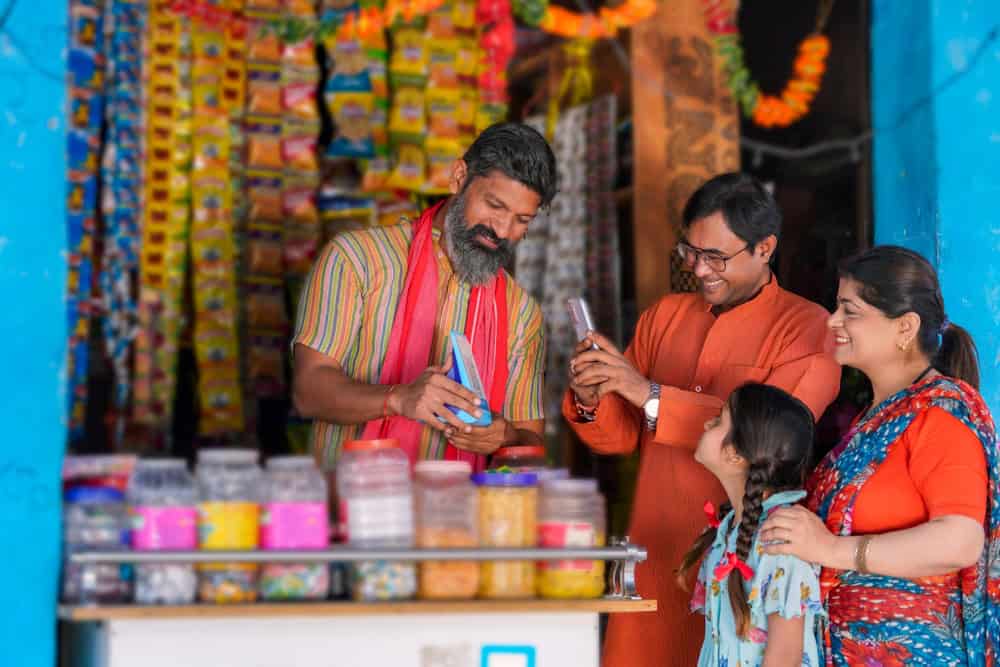
India is the largest English-speaking country in Asia and the second-largest English-speaking population globally. This is especially true in the cities, where most Indians are fluent in English.
2. Cricket is like a religion
The Indian cricket team is one of the top cricket teams globally, ranking second in the ICC rankings. This means that many Indians are fans of cricket and make a day out of supporting their national and local teams.
3. A huge percentage of India’s population is vegetarian
Hinduism is India’s most widely practiced religion, and vegetarianism goes hand-in-hand with this religion. This means that a large portion of India’s population is vegetarian or vegan. It’s estimated that 20-33% have given up on meat!
4. Pollution is a problem
Sadly pollution remains a big problem in India. Environmental issues are especially prevalent in large cities.
The Indian Government is aware of these problems and is trying to mitigate the environmental issues by planting trees to reduce air pollution and enforcing environmental legislation.
5. Elephants have their own spa
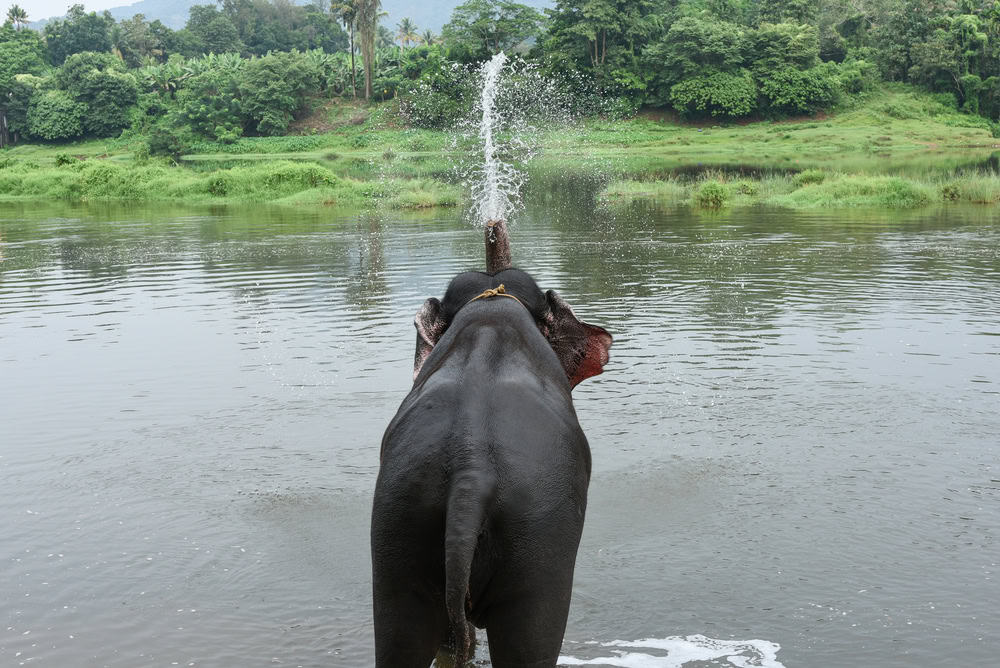
India is proud of its Indian Elephants, and to celebrate these peaceful creatures, they have constructed an Elephant Spa at the Punnathoor Cotta Elephant Yard. With scorching summers, the elephants come to enjoy a nice rubdown and a cold shower.
6. Bollywood is a booming business
Did you know that Bollywood is a massive industry, estimated at $2.31 billion in 2016?
Bollywood releases many more films than American Hollywood each year. Bollywood continues to grow and bring in billions of dollars, making it a financial giant in the film industry.
7. Cows are considered sacred animals
Cows are considered holy animals, with many people not eating beef (even those that don’t consider themselves vegetarian). Indians respect cows for being maternal and caring, and although they do not believe the cow to be a God, Hindus consider cows to represent the divine.
8. The tiger is their national animal
India is home to the largest population of wild, free-roaming tigers globally, and as such, the tiger has been declared India’s national animal. The government and NGOs invest a lot of time and money into protecting these fierce felines from further population declines.
9. It’s not all heat in India
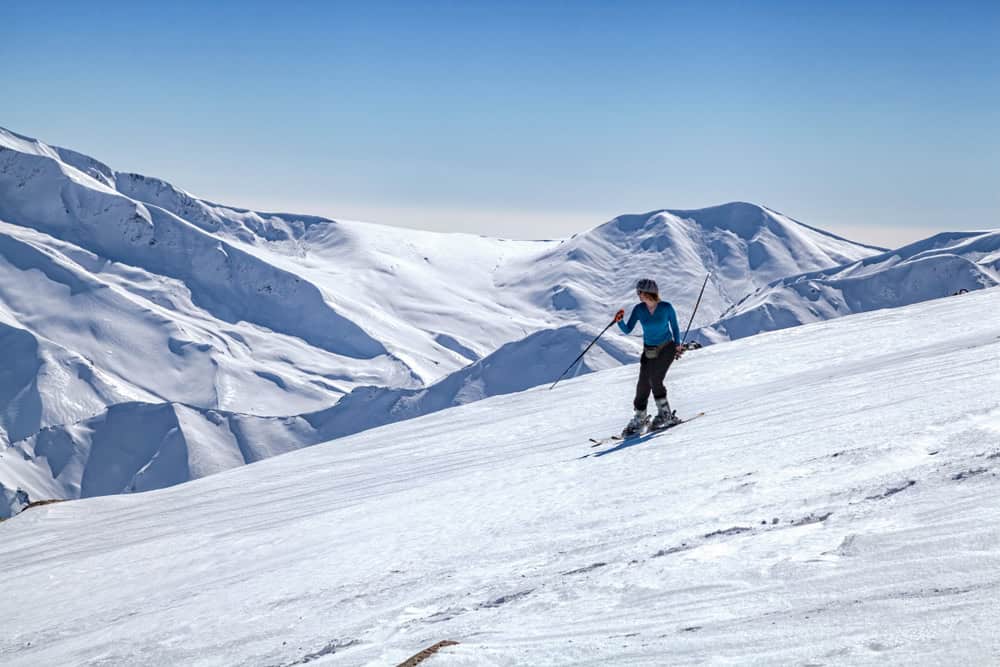
India is a massive country, and as such, there are cold and wet areas. Some places are revered for skiing, like Auli and Sonamarg. Of course, even the snow-capped mountains will melt during the hot summer months, so plan your next snowboarding trip accordingly.
10. The world’s biggest democracy
With a population of 1.4 billion people, India is considered the world’s biggest democracy. This is a massive voter base, and every person of voting age can cast a vote in local and national elections.
11. They have a semi-universal healthcare system
India’s healthcare is semi-universal, which means that the government and taxpayers fund the public healthcare system. However, the quality of care is much better at private hospitals and medical facilities. The private healthcare system is expensive and will require you to take out private health insurance.
12. The costs of living in India
Living in India is relatively affordable. Living costs are 67% lower in India than in the United States, with rent only a significant expense each month. A family of four’s monthly payments is estimated at $225, while a single person can expect to survive on $65 per month, excluding rent.
Food
At an average restaurant, a meal will set you back about $2. A standard burger meal at Mcdonald’s is about $2.60, while a fancy three-course dinner can be as expensive as $8.
In terms of daily groceries, a liter of milk is $0.50, a dozen eggs are $0.72, and a good bottle of wine is $6.60.
Utilities
Utilities for an average apartment, including water, electricity, and garbage removal, will be about $28.
Rent
A one-bedroom apartment in the city center will cost about $200 a month.
13. Indian culture and traditions
India has become known worldwide for its rich culture, traditions, and festivals. Most Indian traditions originated thousands of years ago and have become an integrated part of life in Inda.
To check out some unique Indian traditions, see here.
14. Driving in India is unlike anywhere else in the world
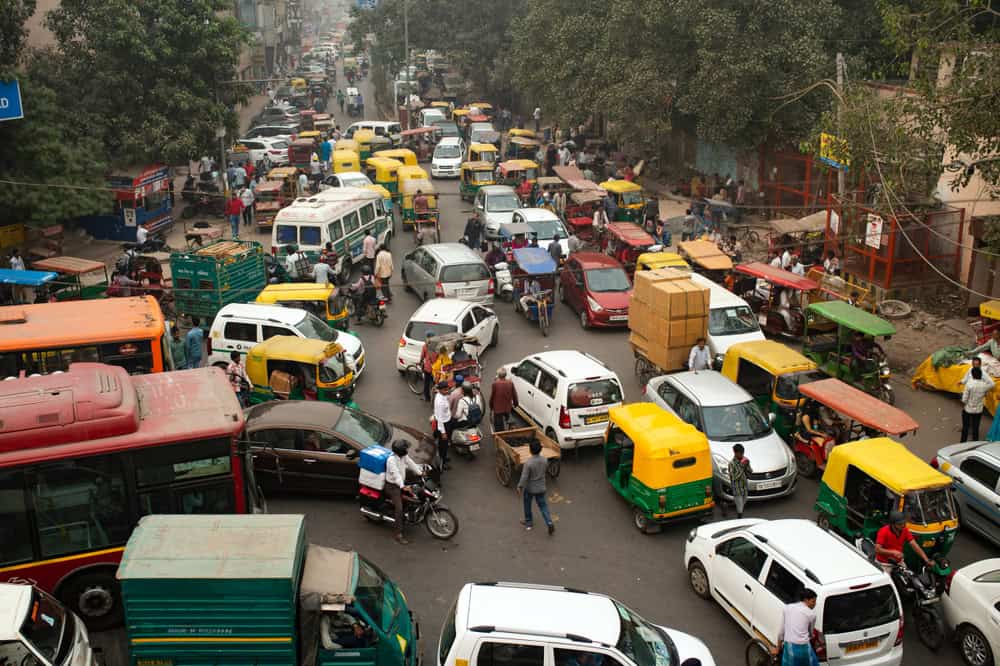
If you are an expat living in India, you may be scared to get on the roads. This is because the streets in the cities are highly congested. One might even assume there are no rules on the road.
If you want to integrate into Indian life completely, you might have to get behind the steering wheel. Here are some things to keep in mind if you are driving in India:
- Do not drink and drive. You will face hefty fines or jail time if your blood alcohol level is above 0.3%.
- Wearing a seatbelt is not only mandatory but also highly recommended.
- Get car insurance!
15. Learn how to bargain
Bargaining is a way of life in India, especially if you are a foreigner or expat shopping at a market.
Initially, it might be an uncomfortable experience if you are not used to it, but many Indians expect expats to haggle for a reasonable price. Some might even enjoy the negotiations.
This haggling is because products are often available at a “foreigner price and an “Indian price,” as stall owners expect foreigners to have a lot of money. So, get ready to learn how to bargain.
16. Ayurveda and Yoga
Ayurveda and Yoga are traditional healing practices and life disciplines that have formed a part of Indian culture for thousands of years.
Many foreigners moving to India go there to visit an ashram and become familiar with the practices of yoga and ayurveda.
Yoga is a connection to the divine through body movements and lifestyle, while Ayurveda is considered the science of life and uses traditional healing techniques to enhance wellbeing.
17. The country is divided into 29 states
India is a large country with many regions. The country is divided into 29 states, and each of these states is considered to have an indigenous culture.
Once part of the British Empire, India has come into its own and held on to traditions throughout the years. Tourists flock to India each year, with the states of Kerala and Rajasthan being popular destinations.
18. India’s national beverage is tea

No matter where you go in India, you will find a cup of tea waiting for you. Indian tea is found in every Indian home and is consumed in the morning and throughout the day.
As you travel through the different states, you will find that beverage choices change. In the north and east, almost everyone prefers tea, while in the south, coffee has grown in popularity.
19. Leave an hour earlier if you’re in a big city
As we have mentioned, driving in India is not for the faint of heart, and frankly, the public transport system leaves a lot to be desired.
Whether you are getting behind the steering wheel or into a bus or train, you should factor in an additional hour to your trip because of irregular transportation schedules, daily traffic, strikes, or unexpected festivals.
This is especially true in the major cities, but even public transport outside of the cities is unpredictable.
20. You’ll have to learn to say ‘no’ a lot
Unfortunately, there is a lot of poverty in India, which means there are a lot of beggars and street vendors desperate to make some money.
This means that you will have to learn to say no. Although you might want to help these people out by buying something or giving them a donation, it exacerbates the problem. Instead, if you’re going to help, why not make donations to one of the many charities helping the impoverished?
You can find a list of the top charities to support here.
21. Avoid water served at restaurants and street food
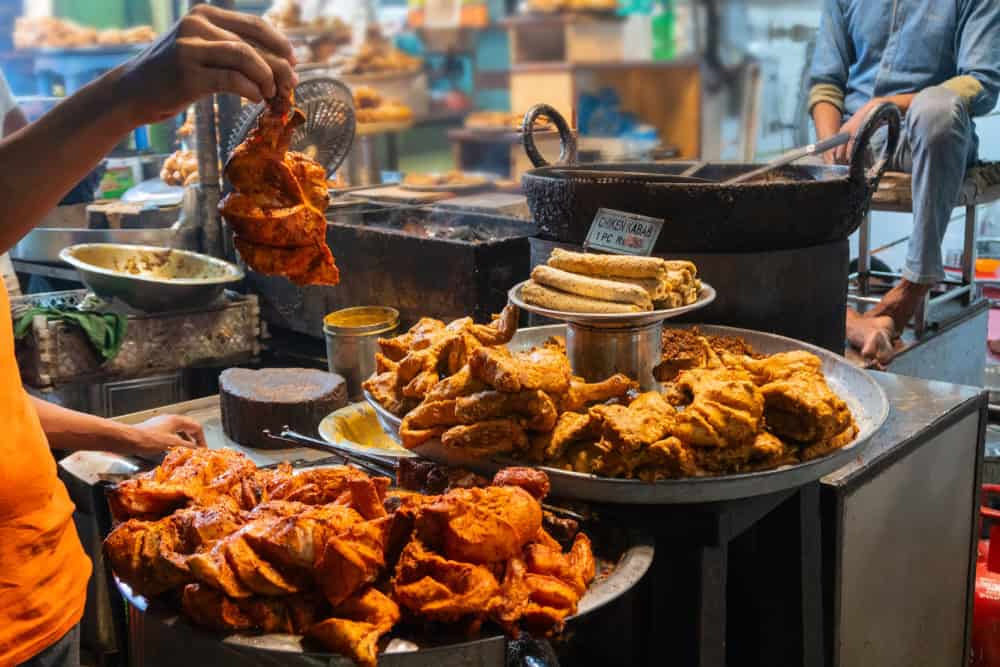
Indian food is delicious, and you will probably be tempted to eat like a local and enjoy some Indian street food. Sadly, your gut might not enjoy it as much as you did while eating it. Street food is often prepared under unhygienic conditions, and you could get sick from eating it.
Similarly, tap water is not safe to drink. If you are at a restaurant, ask for bottled water and skip the ice, as the ice is often made from tap water.
FAQs
Is India a good place for expats?
There are a lot of expat families living in India from all over the world. The low cost of living and laid-back culture make it an attractive destination for expats from western nations.
Can a foreigner open a bank account in India?
Yes, foreign nationals earning Rupees can open a bank account in India. Expats can open FA resident savings or current accounts if they provide the proper documents, which include:
- Valid foreign passport
- Valid Indian visa (long-term visa)
- Proof of overseas address
- Copy of FRO permit
- Proof of Indian address
- Small photograph
- Copy of PAN card or Form 60
- Letter from employer or proof of employment
Is India’s education system good?
Public education in India is not excellent due to a lack of funding and restricted curriculums. However, private and international schools offer excellent education.
Public Schools
Most students attend government (public) schools, including primary school and high school, which are free until 14.
Government-Aided Public Schools
These schools are run by charitable trusts and are partially funded by the Indian Government.
Private Schools
29% of Indian children attend private schools. However, more than 50% of children in cities go to private schools. Private schools offer quality education and several extracurricular activities that are not provided at public schools.
International Schools
India has 410 international schools where the British curriculum is offered, and lessons are aimed at English speakers.
How long can I stay in India with an employment visa?
Work-related visas for foreigners are either Business Visas or Employment Visas.
Business visas are granted for multiple re-entries for not exceeding five years. During that five years, foreigners may not stay in the country for six months.
Employment visas are issued to those seeking employment in India. An employment visa has the following validity:
- If you are coming for an agreement to work for the government, the visa will be valid for the agreement period, or five years.
- If you are an IT professional, the visa is valid for three years or the duration of your employment agreement.
- If you are coming to work in India for none of the reasons stated above, an employment visa is valid for two years or the duration of your work assignment.
See here for more information on business and employment visas.
Which are the most popular Indian cities for expats?
The large cities of Mumbai, New Delhi, and Bangalore offer the most job opportunities for expats and international schools, and a low cost of living.
Final Thoughts
Are you ready to try some yoga poses, eat spicy food and immerse yourself in a brand new culture? With the second largest population of English speakers globally, you will find India an exciting place to live but easy to adapt to.
We hope that the tips and secrets have prepared you for life in India.